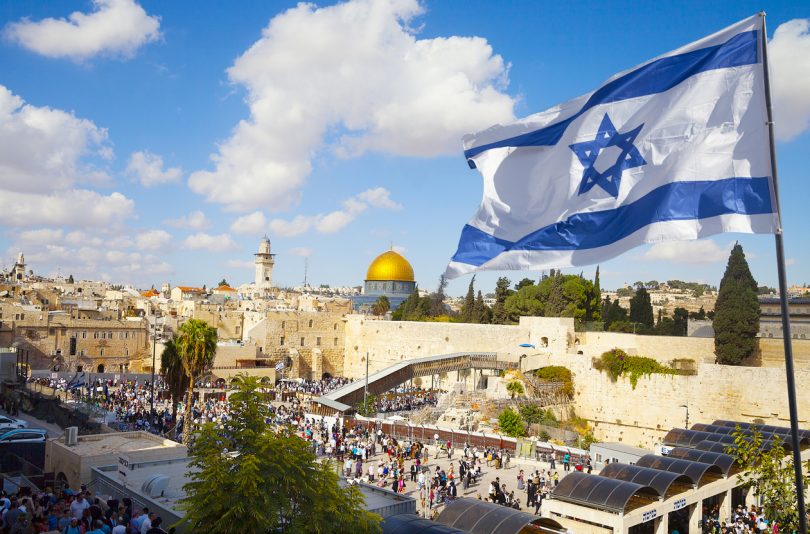
Middle East in Ferment
Sat, 22 May 2021 | Reading Time: 7 minutes

Middle East in Ferment: The Unsolvable Israel-Palestine Dispute
Much is known of the Israel-Palestine Conflict of today due to the comprehensive media coverage; yet when people wish to know its origins they turn the pages of history to the 1917 Balfour Declaration, and the creation of Israel in 1948. Forgotten many times is the fact that this as once an Arab-Israeli Conflict. Knowledge of how the Conflict transformed to becoming an Israel-Palestine one contributes to the perception of it being unsolvable
The guns and the bombs may have fallen silent in Gaza and over many of Israel’s cities in a tenuous ceasefire brokered by Egypt. However, chances that the ceasefire will give permanent peace a chance appear remote. In large measure the highly complex conflict has moved through history, gathering moss of so many different shades that the complexity has now virtually made it unsolvable. It’s the undefined interim period after the Yom Kippur War of 1973 which is less known to people as also the transition from an Arab-Israel Conflict to a Palestine-Israel one. So that is what I set out to examine here.
I learnt of the main issues related to the security of the Middle East way back in May-Jun 1967. Just as Israel, and the Arab world led by Gamal Abdel Nasser’s Egypt and Hafez Assad’s Syria, hurtled towards a military showdown after Egypt’s blockade of the Gulf of Aqaba, I picked up a School Atlas and joined a friend in requesting our history teacher to explain us what exactly was going on. George Abraham, our history teacher had himself triggered this interest by stating innocuously in a lecture –“so we can see that something very dangerous is developing in the Middle East”. A week later on 5 Jun 1967 the Israeli Air Force swooped low over the Mediterranean to evade the Egyptian radar and exactly at the office transit time at about 8.30 AM, appeared over the main airfields where they caught the Egyptian Air Force on the ground and destroyed a large part of it. That helped immensely in finishing the war in six days as Egyptian armour shorn off air cover was a sitting duck for the Israeli ground and air attacks. Those were the days when pan Arab sentiment existed to a fair degree; the Gulf had not yet gained its strategic significance because oil was yet to become a weapon and ideology and faith were yet remote as factors in the conflict. It was yet an Arab-Israel Conflict that then existed.
Oct 1973 changed the course of the Arab-Israel conflict. With two military victories behind it (1948 and 1967) Israel was shocked by its near defeat in the Yom Kippur War of Oct 1973. Anwar Sadat’s master deception plan and bold strategy almost laid low Israel’s well known military proficiency but Sadat erred in not having an exploitation strategy after the initial breakthrough. Perhaps that was the moment of adoption of Israel’s ‘overkill philosophy’ as a doctrine which became only more strident as the conflict progressed in years. Israel believed it needed to be proactive to nip in the bud any attempts of its adversaries to put together a workable strategy to defeat it; its geographical size obviated giving any leeway to the adversaries. From the conventional this extended into the domain of hybrid war as the Palestine-Israel conflict started to acquire ideological and sub conventional overtones. 1978-1979 were crucial years; they give us the rationale as to why the conflict progressed as it did. 1978 was the year of Camp David, the first step by former US President Jimmy Carter to broker the Arab-Israeli Conflict (currently reduced to Palestine-Israel Conflict), with Egypt and Israel making peace; none of the other Arab countries supported Egypt. Without the presence of Egypt the conflict lost its pan Arab label, although nations such as Syria, Iraq and Saudi Arabia continued to pay lip service to the Palestinian and Arab cause. The strategic importance of Saudi Arabia and Iraq went up manifold after the 1973 Yom Kippur War as energy with petro dollars became the mantra of power. The Gulf region enriched by oil and gas, as also trade and services preferred the stability provided by the lack of conflict, although it was well known that a time bomb of potential violence continued to tick all over the Middle East. The eight year Iran-Iraq War of 1980-88 also kept attention away from the larger issue of Palestine and the permanent settlement that Camp David Accord had tried to bring about.
The birth of the new Islamic Republic of Iran in 1979 brought one more powerful player into the arena. Iran was aware of the emotional significance of the Arab-Israeli Conflict in the Islamic world. It realized that militarily defeated in 1948, 1967 and 1973, the Arabs lacked unity, cooperation and passion in their desire to assist the Palestinians in regaining their territory. Much to the chagrin of the Arabs, Iran stepped in to fill the emotional void. Without a common border with Israel the chances of being militarily surprised by ground incursions by Israel was almost nil and the days of missile and rocket warfare were still some years away. Iran’s expression of support for the Palestinian cause and its anti-Israel rhetoric was to score many brownie points over the Arabs, especially Saudi Arabia which proffered leadership to the Islamic world on the basis of its riches and the sentiments of the shrines; the hard reality of confronting Israel militarily through a pan Arab or even a pan Islamic front was never among its priorities. The erosion of Arab sentiment continued after the end of the Cold War except briefly during the days of Intifada 1 (late 80s to 1993) and Intifada 2 (2000 to 2005). The Intifadas were street agitations and sponsored public resistance with terror overtones which became the inspiration for many such near similar movements such as in Kashmir and also many of the Arab Spring agitations of the new millennium.
The Arab Israeli Conflict was never really an ideological conflict based upon faith based issues. Arabism rather than Islamism provided the glue. From 1979 on wards the movement took a turn towards conversion to an ideological and faith based conflict. This was because the rise of Iran led to Saudi Arabia fearing the rise of the Shia Crescent. Its every effort over many years thereafter was aimed at enhancing its own obscurantist form of Islamic ideology. With ideology becoming a driving force in the Middle East its entry into the arena of the conflict with Israel was but a matter of time. Iran bolstered the rise of the Shia Hezbollah in Lebanon which in turn inspired the Hamas although both were ideologically apart. Palestine’s continued support from the Islamic world remained active. Gulf War I to a lesser extent and Gulf War 2 to a much higher degree created the ‘Us versus Them’ sentiment which cemented religious divide with the rest of the world and helped bolster Islamic sentiment.
The Arab-Israel Conflict and its conventional war manifestation ended in 1982 with the First Lebanon War which led to the eviction of Yasser Arafat’s PLO from Lebanon and the Israeli occupation of much of Lebanese territory. Loosely from this event the Conflict became much more hybrid in content and eventually ended up becoming an affair of Israel versus the two most virulent entities – Hezbollah and Hamas; the former with an Iran-Syria sponsorship and the latter with a Muslim Brotherhood backing. The withdrawal of Egypt from the conflict gave the Muslim Brotherhood space for entry and the Hamas remained a politico-ideological-military entity with terror overtones which multiplied over the years. As it can be seen the Arab political footprint kept diluting allowing extraneous forces to exploit the sentiments of deprivation and ideology over a period of time. The Al Qaeda used the sentiment extensively and as the ideological element got deeper the pan Islamic community’s divide with the rest of the world also increased. The Palestine-Israel Conflict kept popping up in the last forty years with side shows such as Hezbollah-Israel war of 2006. It’s the Shia-Sunni standoff which started to gather more weight as also worries over the rise of Iran; the main Palestine-Israel issue receded in the background, only to return once in a while when violence erupted, such as now in May 2021. That is why a ceasefire is good to prevent unnecessary bloodshed but it becoming a trigger for conflict resolution remains as remote as ever.
The Abraham Accords, special Saudi relationship with the US and Israel, Shia Sunni discord, the negotiations to bring back Iran into the JCPOA and the commercial status of the Gulf region, are all factors beyond the Israel-Palestine issue. They do have an influence on the conflict and how it pans further. What the US intends is a lasting stabilization of the Middle East as a part of the reset it is attempting, so that its focus can shift to the Indo-Pacific for the eventual contest with China. This won’t happen because there is enough scope for the Middle East to remain in ferment while using the sentiments of Israel-Palestine Conflict. That is why it is important for the US to take a step back and re-examine its own efforts of the past. What it achieved in 1978-79 at Camp David and in 1993 at Oslo were actually remarkable achievements. It’s the implementation which went awry; Jewish settlers on the West Bank, the inability to handle Iran and the radical elements on both sides.
It may sound out of place but India is one of the few nations which have very high stakes in peace in the Middle East. It has good relations with the Palestinians, Israel and much of the Arab world. It is an emerging strategic partner of the US and has a good diplomatic community as well as an academic community of worth. Prime Minister Modi is one of the rare international leaders to have visited both Tel Aviv and Ramallah (the temporary capital of the Palestinian Authority). Can India do the honours of initiating diplomacy which may well see the end of one of the most contentious conflicts of history.
Author

Lt Gen Syed Ata Hasnain (Retd), PVSM, UYSM, AVSM, SM, VSM* former Commander of Indian Army’s Srinagar Corps, focuses on trans-national and internal conflicts in Asia and the Middle East with particular emphasis on issues revolving around Radical Islam. He is the Chancellor of Central University of Kashmir and speaks extensively at Indian and international institutions on a wide variety of subjects revolving around strategic affairs and leadership.
Disclaimer
The opinions expressed in this article are the author’s own and do not reflect the views of Chanakya Forum. All information provided in this article including timeliness, completeness, accuracy, suitability or validity of information referenced therein, is the sole responsibility of the author. www.chanakyaforum.com does not assume any responsibility for the same.
Chanakya Forum is now on . Click here to join our channel (@ChanakyaForum) and stay updated with the latest headlines and articles.
Important
We work round the clock to bring you the finest articles and updates from around the world. There is a team that works tirelessly to ensure that you have a seamless reading experience. But all this costs money. Please support us so that we keep doing what we do best. Happy Reading
Support Us




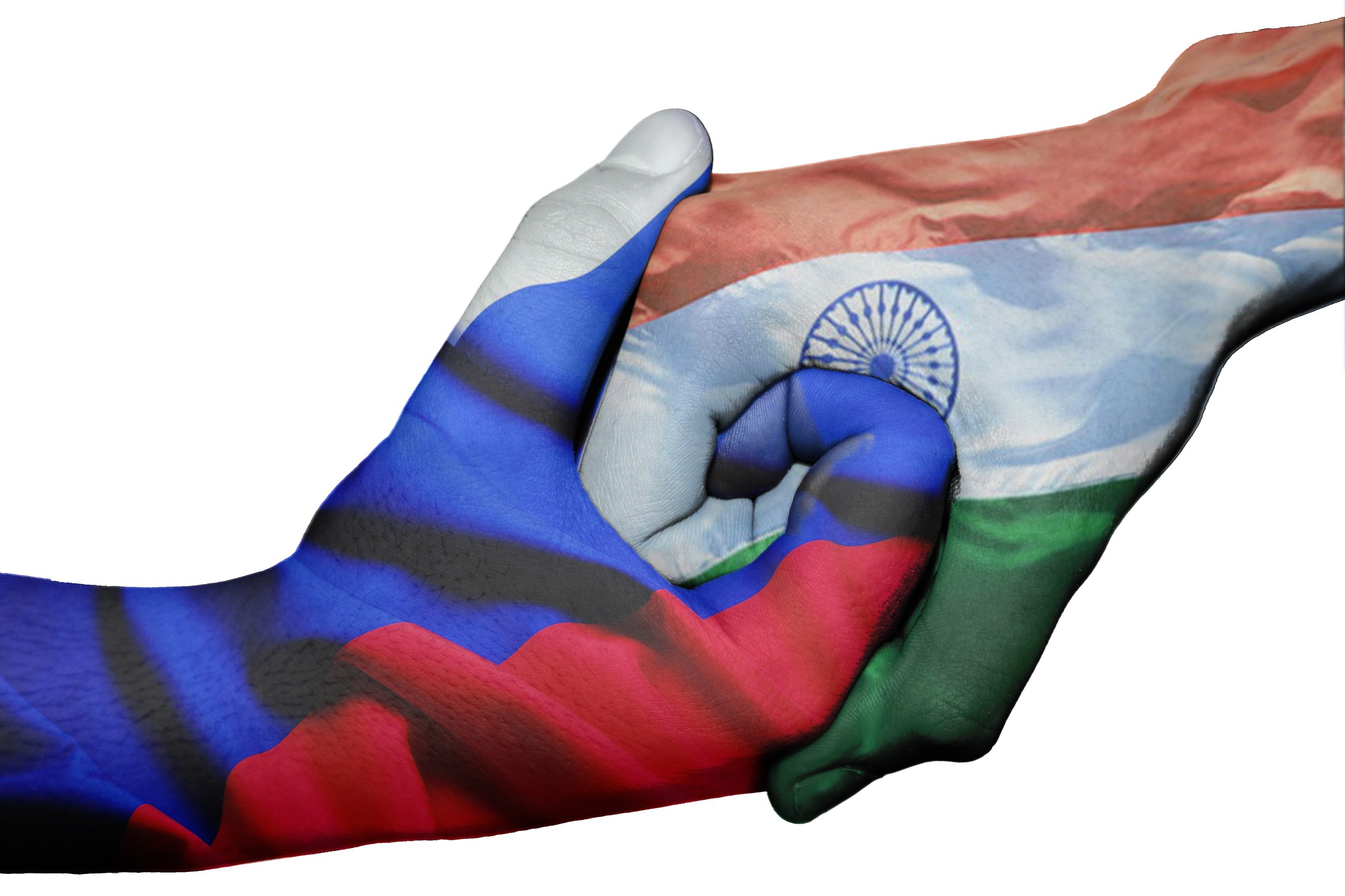

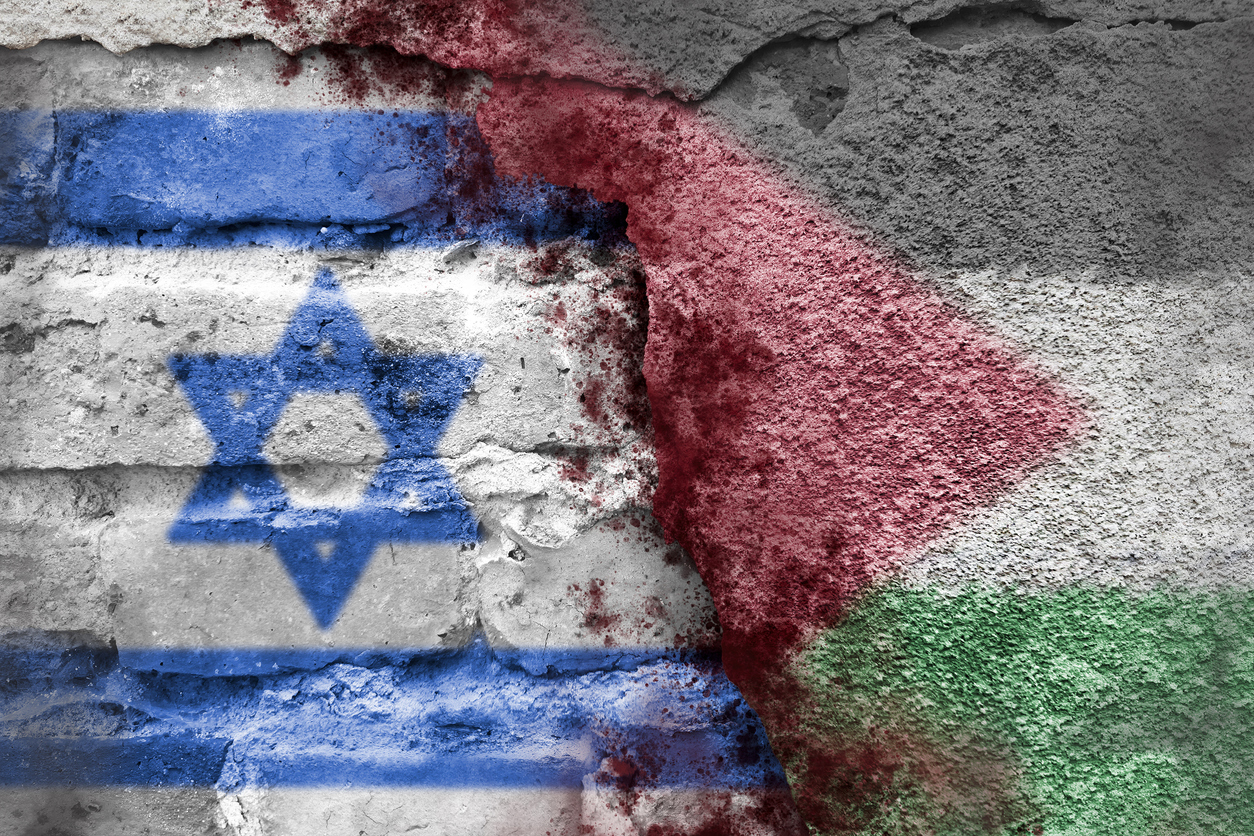

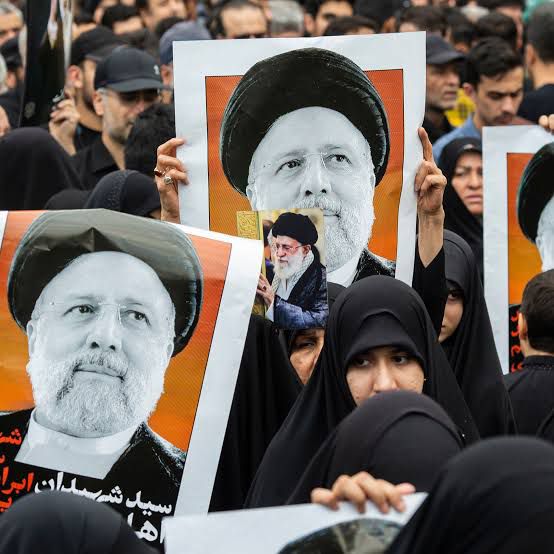
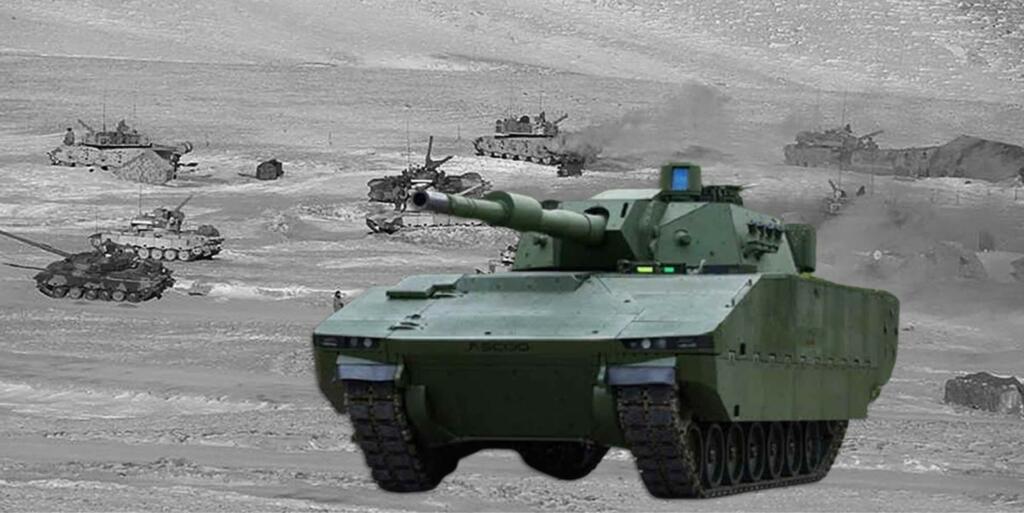
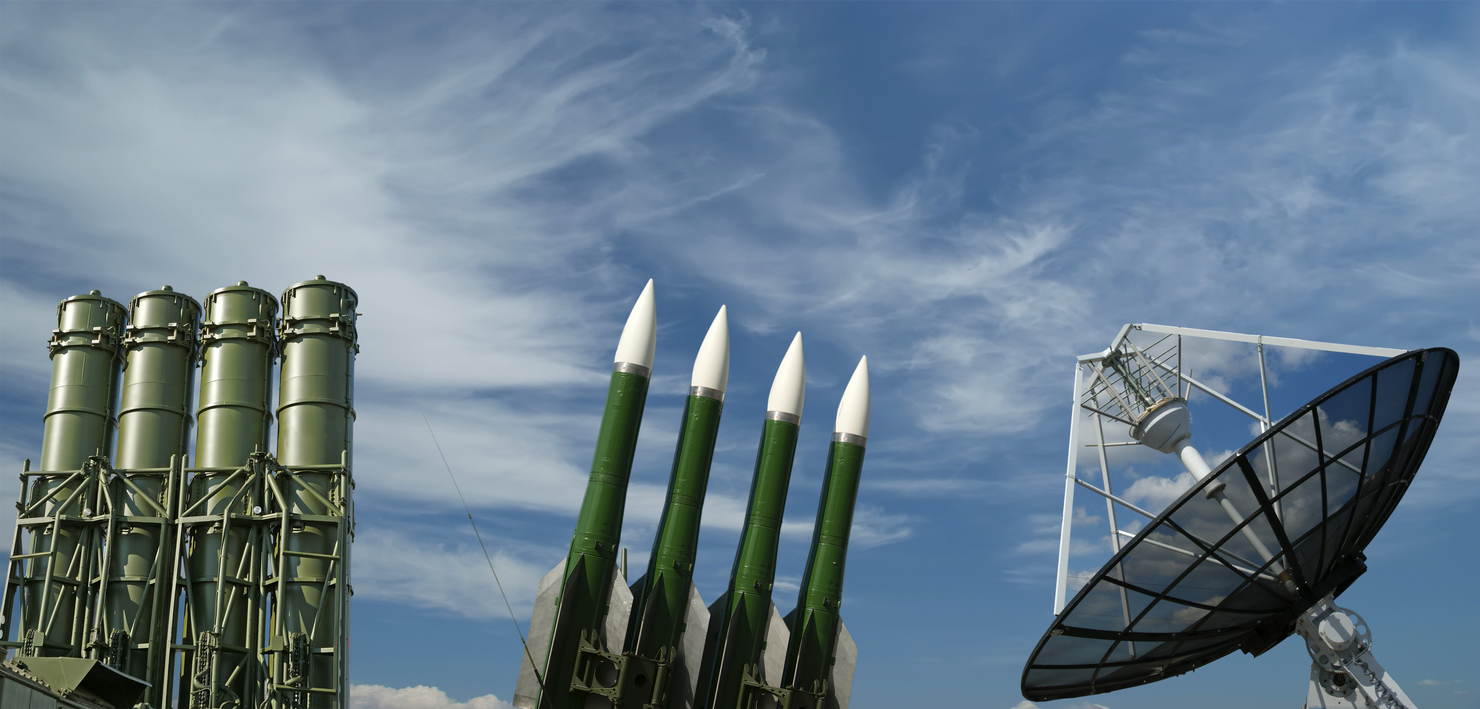

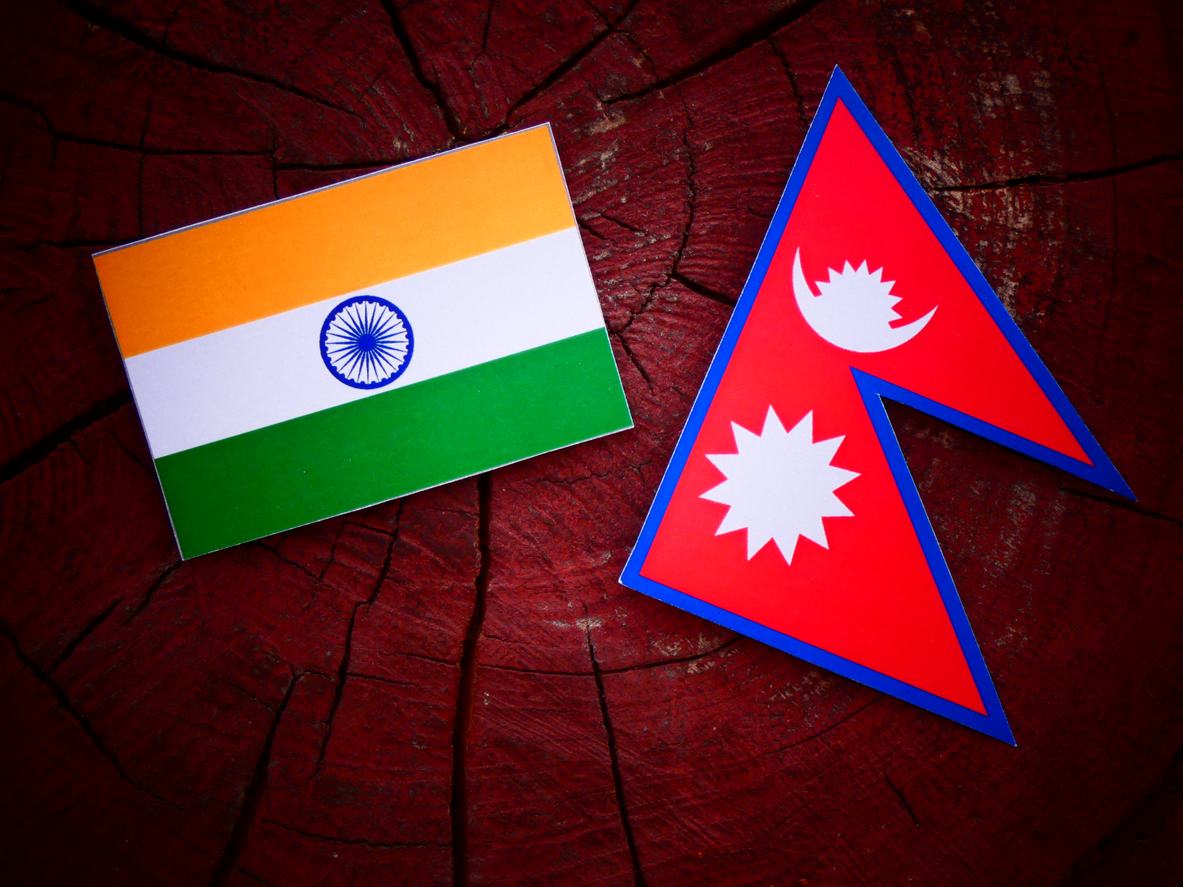
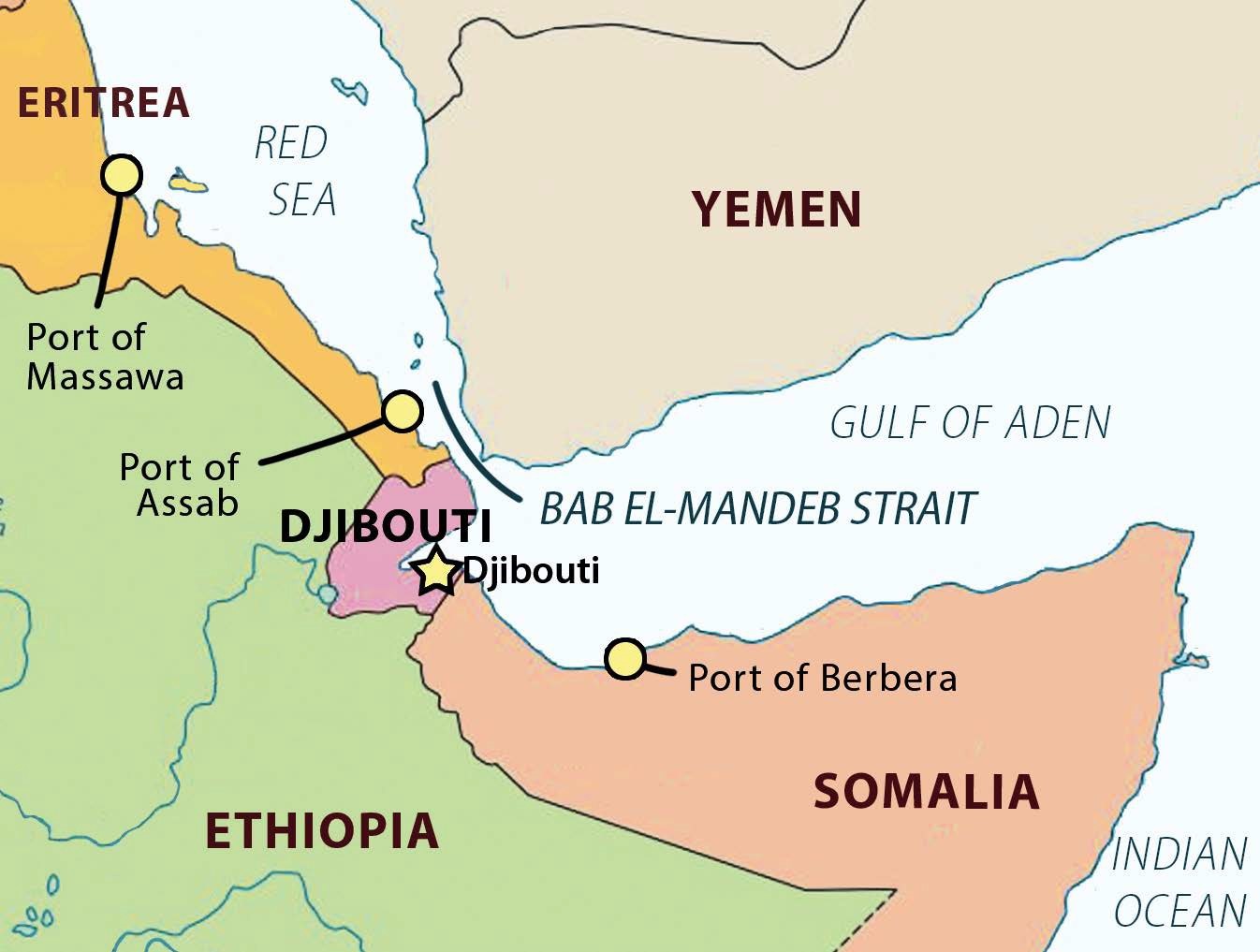






POST COMMENTS (4)
Nitin Sharma
Amit Gupta
Manju Dubey
Amit Gupta